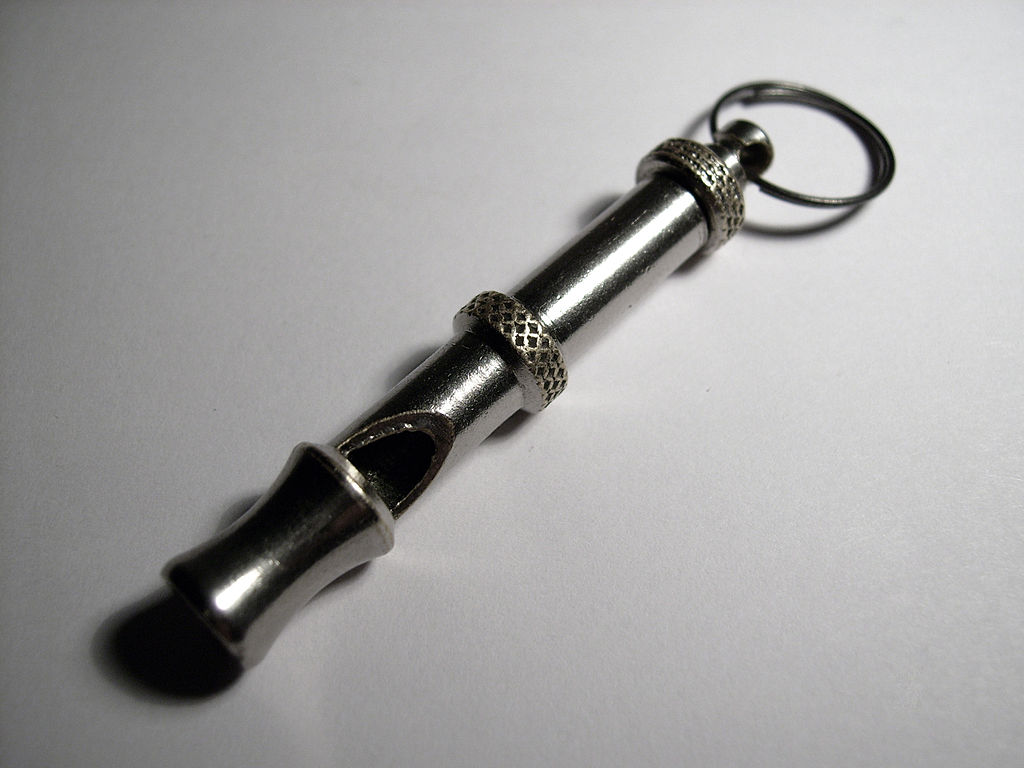In brief
- There’s no downside for the left in accusing the right of racism.
- Racist “dog whistling” is code for sending a seemingly innocent, but racist signal to your supporters that others can’t hear.
- Racism against whites filed under “nothing to see here”, but US Supreme Court disagrees.
- Left-leaning media are happy to support the accusation and pretend it’s news.
Left leaning media often amplifies accusations of racism by leftists
Leftwing political parties and their allies often accuse opponents of racism. But this term is now used as loosely as “fair”, which means the definition is tailored to align with the person’s belief.
Even if the accusation is sincere that does not make it objectively correct. Nonetheless, it may stifle debate because people simply don’t like being called racist.
An example is co-governance in NZ, which, regardless of the details, is undemocratic political power for Māori (or at least the lucky elites). It is essentially winding the clock back centuries to the days of unelected lords and ladies, and surely extreme on the world stage. Many feel this is THE elephant in the room of political issues, but that it is being downplayed at least partly because of the immature racist name calling. No matter how reasonably you object, it is almost certainly going to get you labelled a racist.
How the left’s allegations of racism are handled by the mainstream media
It’s worth analysing some of the patterns of reporting by mainstream media when covering claims of racism so people can decide for themselves how credible accusations are when they make the news.
- Accusers, which are invariably on the left, aren’t usually challenged by the media, which dutifully repeat every accusation. Alleged racist statements or actions don’t need to be explicit or direct (they rarely are). The accuser need only say the alleged racist is “dog-whistling” and anything can be construed as racist.
- At the same time, any racism of the left (which is largely anti-European) goes largely unacknowledged. The government and media view racism against white people (especially older white men) as literally impossible.
This may explain, for example, how saying “New Zealanders are one people” is viewed as racist, but a poem about wanting to kill white men is not. The former is considered to be dog-whistling racism while the latter is against white people so, therefore, not racist by the left’s definition.
Of course, that is all a matter of opinion and there are many who disagree. Notably, a majority of the US Supreme Court included. This was at the core of their recent judgement that affirmative action plans at institutions such as Harvard University, which favour certain minorities at the expense of others, are unconstitutional for their racism.
This judgement is expected to have far reaching implications for other programs, such as critical race theory or ESG hiring. They are both designed to advance certain races or sexes, which is always at the expense of someone else.

Media bias compounds the problem
Pollster and pundit David Farrar points out the problem of journalistic bias in New Zealand. He quotes the Worlds of Journalism study that shows an overwhelming number of Kiwi journalists identify as left of centre and even far left. Only a fraction identify as being on the right. The same goes for the major news platforms in New Zealand. This suggests woke hypervigilince for spotting racism, real or imagined.
Left-leaning government + advertising budget tripled + left-leaning media = lots of left wing views called news
Much has been made of the $55m Public Interest Journalist Fund and its influence on the media. However, not much attention has been given to the Government’s record ad spend.
According to National’s Simeon Brown, figures compiled from the core public services’ annual reviews show that the amount spent on advertising has increased to nearly 100 million in 2022. That’s nearly a 200 percent increase (ie. a tripling) since Labour came to office in 2017.





















